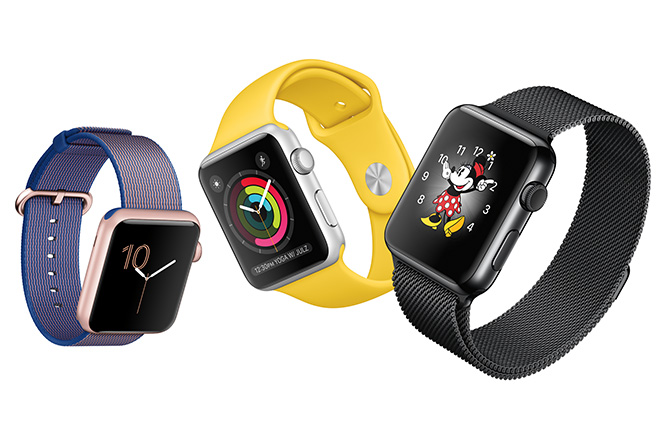
Snapshot
- Research finds smartwatches are worse for distracted driving than mobile phones
- 4.9 million Australians have smartwatches
- 10 per cent of fatal crashes attributed to distracted driving
Glancing at your smartwatch increases your chance of getting into a crash, new research has shown – and could be worse than looking at your phone.
The study, conducted in Canada by HEC Montreal, found smartwatches are more distracting to drivers than mobiles.
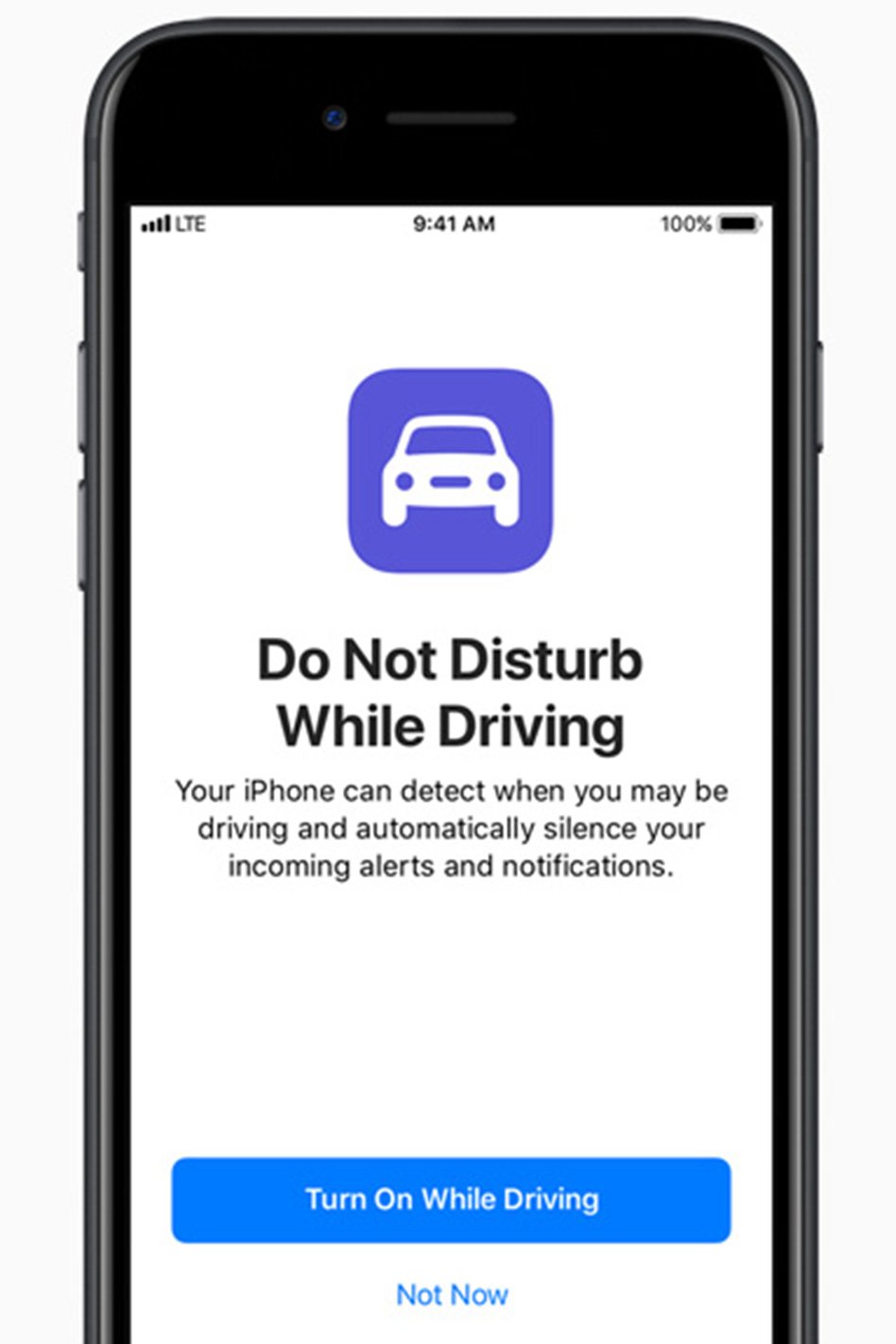
An increasing number of Aussies have a smartwatch – in fact, a study by market research organisation Telsyte shows that around 1.5 million were sold locally in 2020. At the end of that year, 4.9 million Australians had one, the same study revealed.
According to the Monash University Accident Research Centre (MUARC), drivers engage in what it calls ‘illegal distraction activities’ because they don’t think they will get caught – not because they think it’s dangerous.
It also found simply talking on a mobile phone increases a driver’s reaction time by 50 per cent – and that doubles again if they are texting.
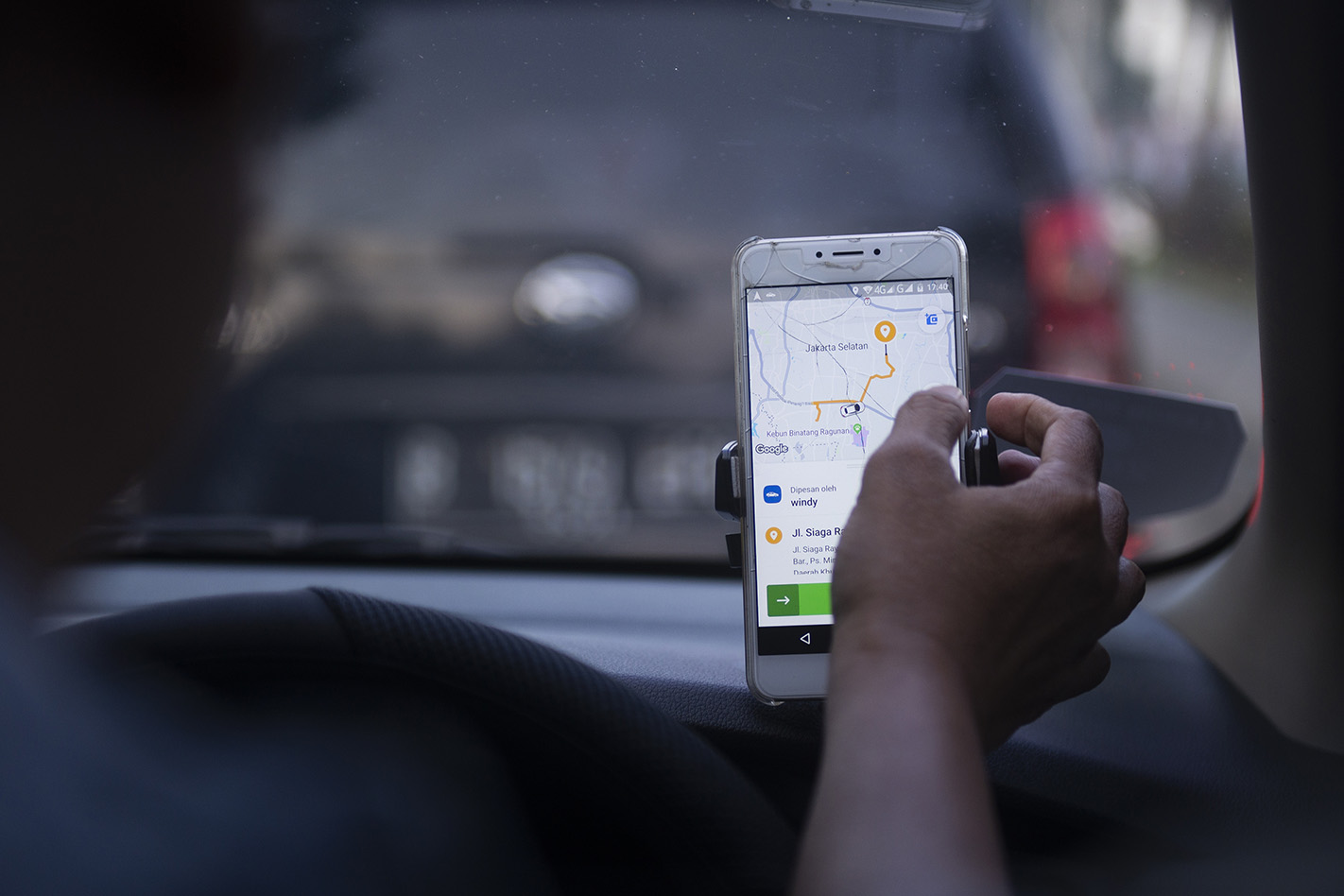
The Centre attributes 10 per cent of fatal crashes and 15 per cent of serious injury crashes to distracted driving – which also tallies with what state authorities in NSW, Queensland and Victoria had to say about the issue.
“During the five-year period from 2016 to 2020 there were 28 casualty crashes recorded where a driver or motorcycle rider had a distraction factor of [an] electronic device which was not a mobile phone,” said Tara McCarthy, Deputy Secretary Safety, Environment and Regulation, Transport for NSW.
“These crashes resulted in 39 people being injured, including 15 people being seriously injured,” she added.
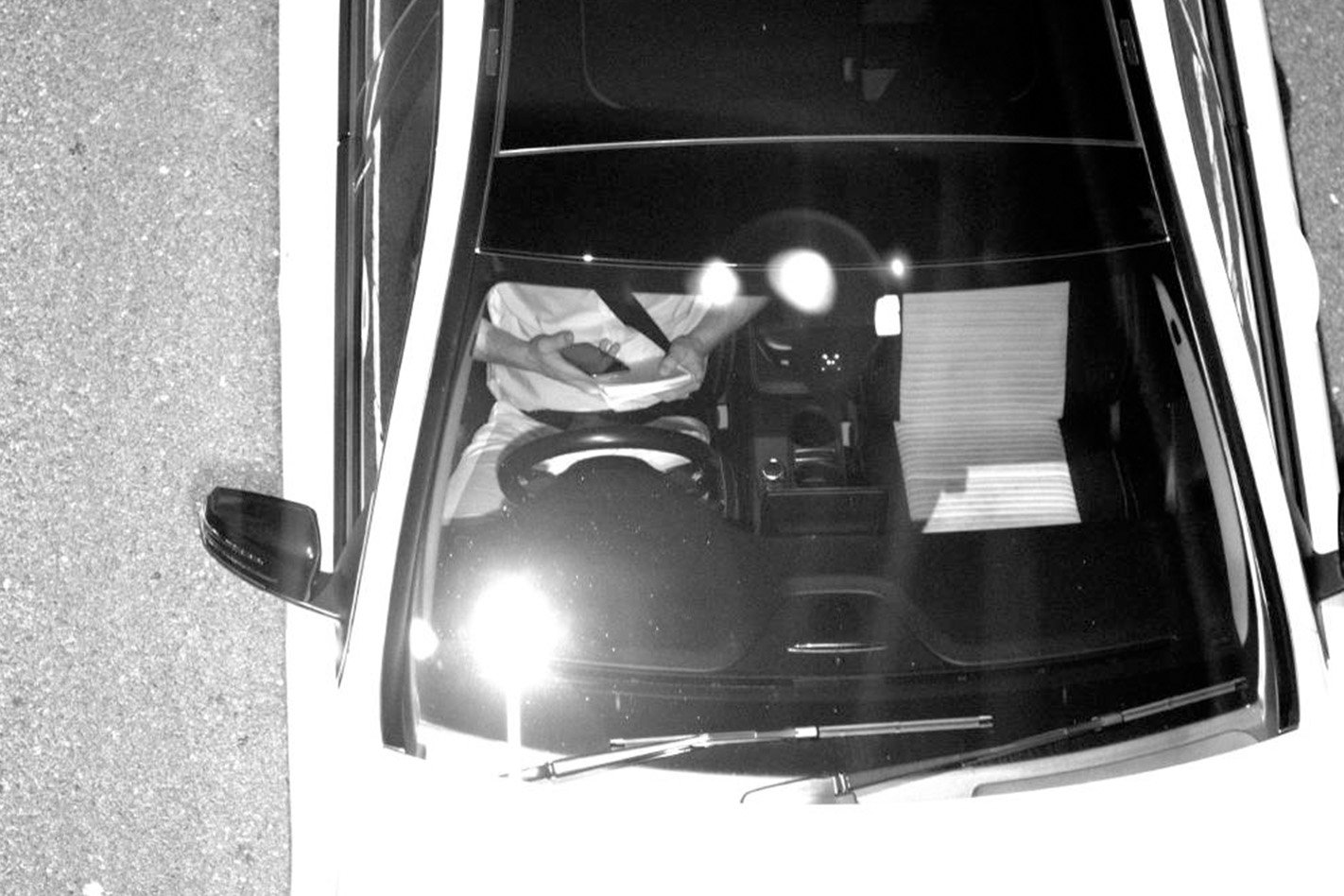
The Queensland Department of Transport and Main Roads told WhichCar that in 2020, 23 people died on Queensland roads, and 1475 people were hospitalised as a result of crashes involving distracted driving.
It added that the number of crashes caused by device distraction, including smartwatch use, is difficult to capture or verify and therefore is likely to be under-reported.
In fact, all three states said smartwatch use is almost impossible to detect – and mobile phone detection cameras, rolled out by NSW last year, Victoria earlier this year and by Queensland just recently, don’t catch it.
As of July, Queensland is now implementing mobile phone and seatbelt detection cameras – with a three-month grace period for motorists, during which offenders will be sent a warning letter instead of a fine.
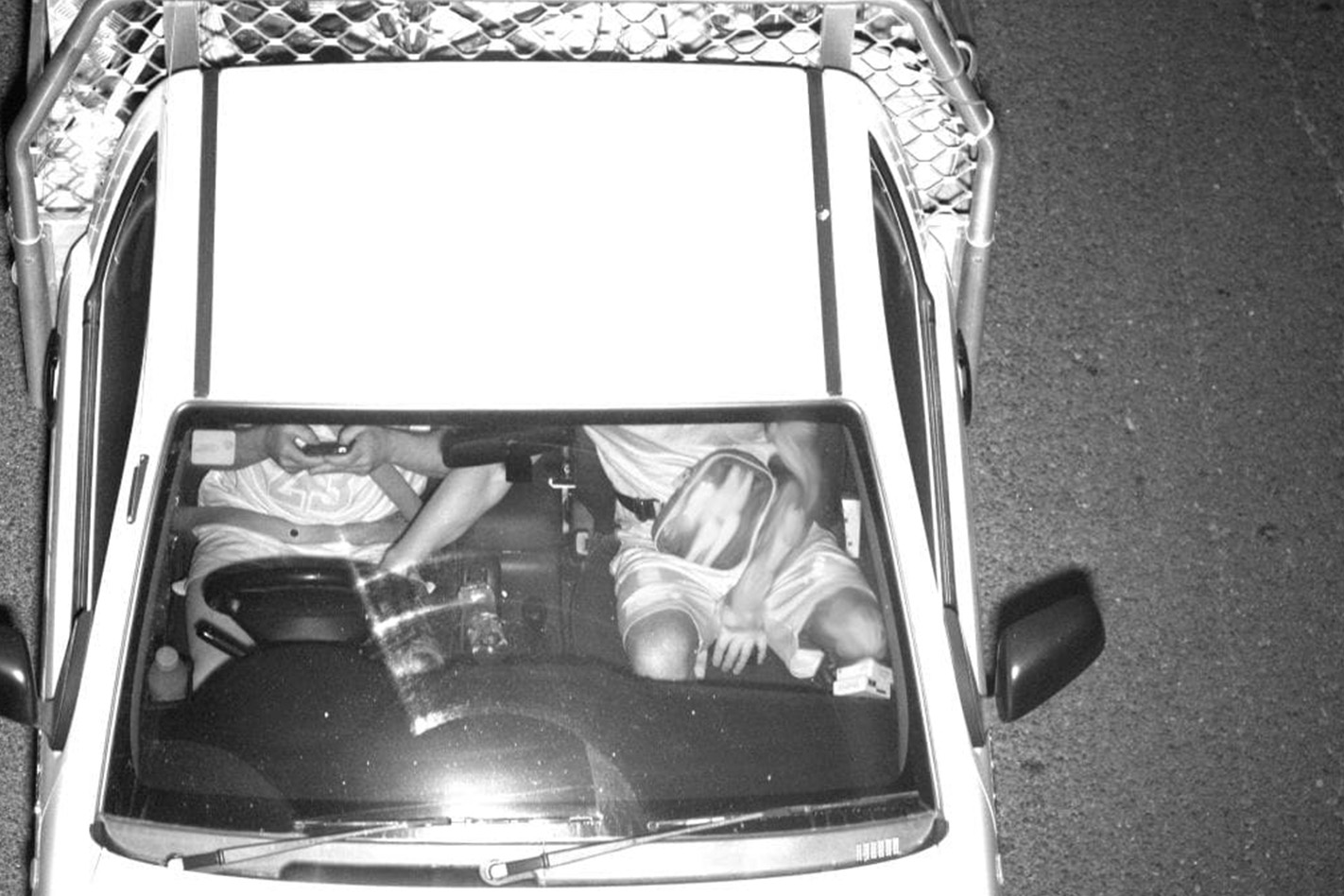
Joshua Gliddon is a writer with 25 years’ experience across tech, business, science and motoring.
We recommend
-
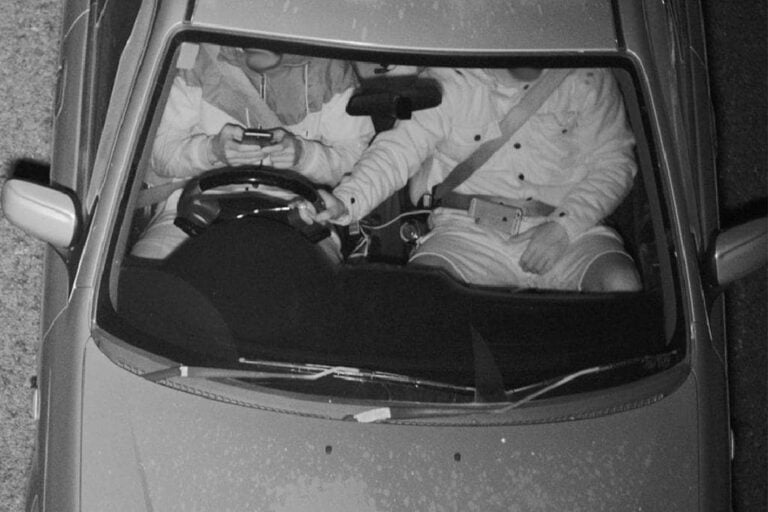 Advice
AdviceNSW mobile phone detection cameras: Where are they and what are the penalties?
You've been warned... mobile phone cameras now nabbing NSW motorists for up to 10 points
-
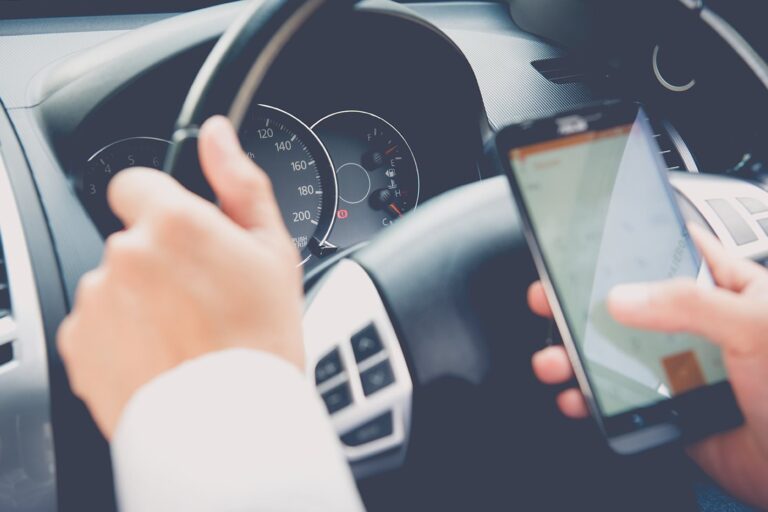 Advice
AdviceHow to (safely) use a phone while driving
We break down the myths and misconceptions surrounding phones and driving. The facts may surprise.
-
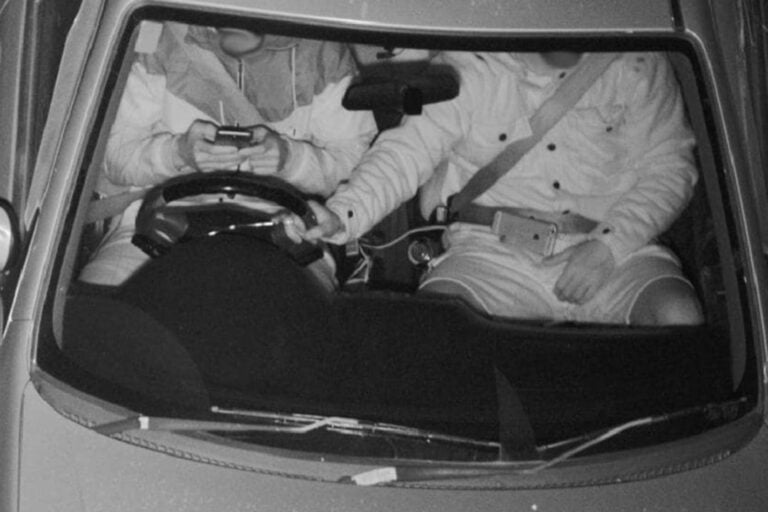 News
NewsVictorian Government rolls out phone detection cameras
One in 42 Victorians reportedly guilty of using their mobile phones while driving



